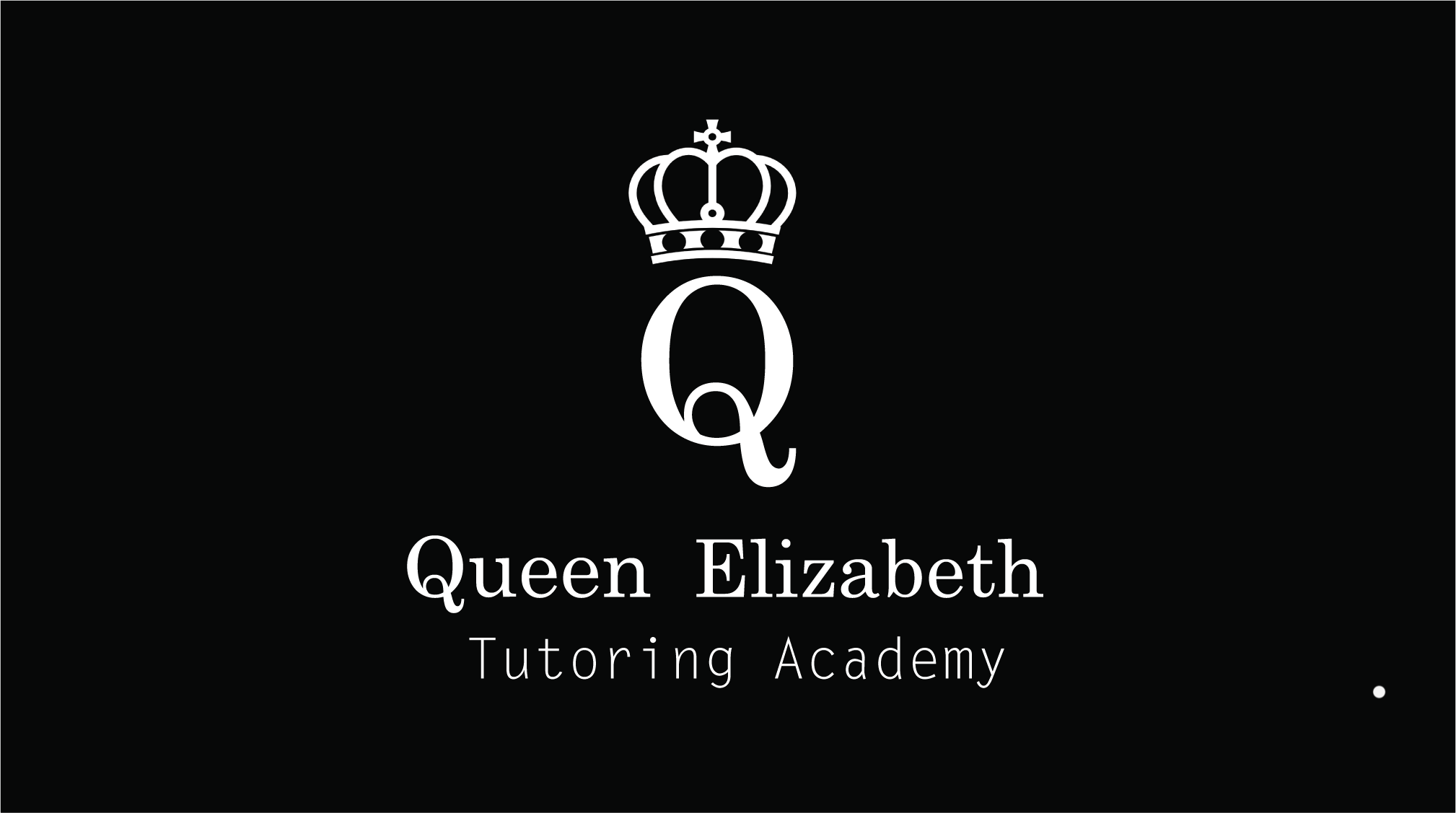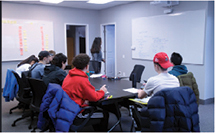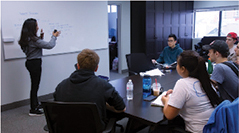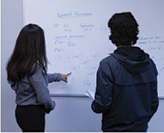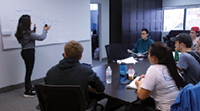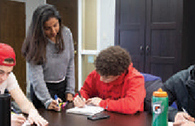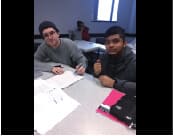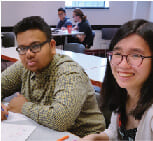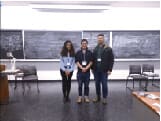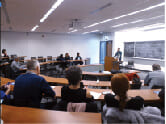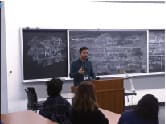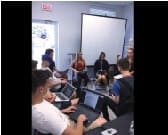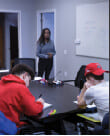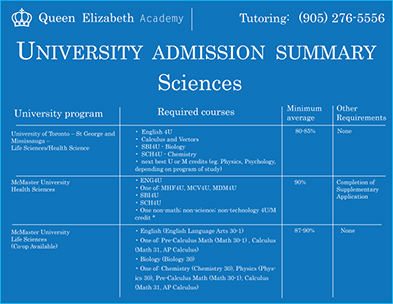Oral communication is often a strong point for students compared to reading, however some students may have difficulty with it. There is nothing to be worried about, the key to success here is just to be familiar with the English language in general, to avoid slang usage, to speak in complete and grammatically correct sentences, and to demonstrate a wide vocabulary. For more formal assignments, if you are a stronger writer than speaker, try to write out your work before practicing your presentation out loud. Be aware also of how you pronounce words, and the tone of your voice. Avoid mumbling and speak clearly and comfortably. Many students feel embarrassed to speak in front of the class, but remember that everyone is in the same boat and has the same assignment.
Reading and literature studies often presents the greatest challenge as it is less familiar and more advanced by the twelfth grade than in previous years. High level texts like Hamlet can present unique challenges to students based on the older style of writing and syntax, and it can be difficult to move from simply understanding the plot to understanding analysis and critical study of the text. Break it down into parts and be aware of the components of literature. Write down what the themes are, or the themes that you notice in the text. Keep track of the characters and how they behave in the text. What is significant about what is happening? If you struggle with the text itself, try reading it out loud, Shakespeare was performed live after all, and still is. Try finding a version of a Shakespeare performance to see how all the stage directions are incorporated. Also, try to find something you like about each text you read. While it can be a chore to read these books, they are also classics for a reason. Always ask questions about what you are reading, and always keep notes so you are not scrambling to redo everything at the last minute.
Writing is a chance to embrace your creativity, so take the chance and do your best. For creative writing, choose topics that you care about or that interest you. For more formal, academic writing, choose topics that you both know about or can research, and which interest you. One key skill here is the organization of your thoughts. That means making sure that you express yourself in writing in a logical and methodical way, not just what comes to mind when you think about it, but structured and intentional writing. Take the time to map out what you will write. For your stories or creative writing, make sure you know how the story will end before you write it, try to develop the characters beforehand, take the time to think. For formal academic writing, make sure to do the requisite research beforehand. Find relevant quotations in the text, and make sure you have relevant facts that you present in a manner that you have thought out. Make use of the time you are given. If you are stuck you can make use of a writing prompt, but always make sure to ask why you are writing what you are writing.
Media studies is generally the least problematic section for students, especially considering the amount of exposure to popular culture and mass media that most students have already experienced. The important thing to remember here is that just knowing about popular culture is not enough. Students are called to analyze what they are experiencing and to critically examine it. That means perhaps investigating more deeply what they take for granted on their devices, and how they receive information online. These segments are also more dependent upon the discretion of the teacher than most, so material may vary from school to school, or class to class.
